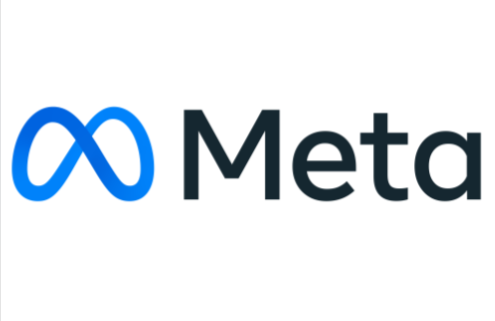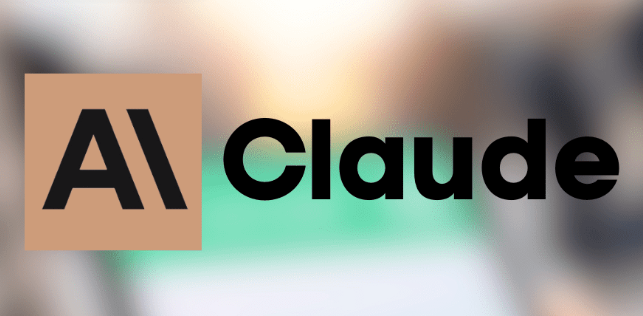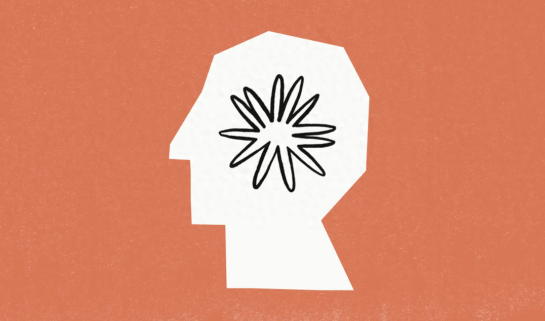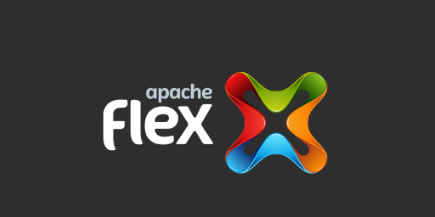In a groundbreaking legal development that has sent ripples through the tech industry, Anthropic has secured a significant victory in a high-profile copyright ruling that classifies AI training as "transformative fair use." This landmark decision establishes a crucial precedent for how AI companies can legally utilize copyrighted materials to train their large language models. The ruling, which specifically addresses Anthropic's AI training methodologies, potentially reshapes the legal landscape for AI development by recognizing the transformative nature of using text for machine learning purposes rather than as competitive creative content. As the industry continues to navigate the complex intersection of intellectual property law and artificial intelligence, this copyright ruling may prove to be one of the most consequential legal developments in the evolution of AI technology.
Understanding the Copyright Challenge
The legal battle over AI training data has been brewing for years, with content creators and publishers increasingly concerned about how their works are being used to train powerful AI systems. ??
At the heart of the dispute is a fundamental question: Does using copyrighted materials to train AI models constitute copyright infringement? Publishers, authors, and other content creators have argued that companies like Anthropic are essentially "reading" millions of copyrighted works without permission or compensation, then using that knowledge to create competitive products that could potentially replace human-created content.
Anthropic, like other AI developers, has maintained that their use of text data falls under "fair use" doctrine—a legal principle that permits limited use of copyrighted material without permission for purposes such as commentary, criticism, news reporting, teaching, scholarship, or research. ??
This tension between intellectual property rights and technological innovation came to a head in the recent case that resulted in the Anthropic AI copyright ruling—a decision that could fundamentally reshape how AI companies operate.
The Landmark Ruling: What It Means
The court's decision to classify Anthropic's AI training methods as "transformative fair use" represents a significant legal milestone. Here's what the ruling actually determined: ??
Transformative Use: The court found that using text to train AI models transforms the original work into something fundamentally different—statistical patterns that inform a model rather than reproducing the creative expression of the original works
Purpose and Character: The purpose of Anthropic's use was deemed sufficiently different from the original works' intended purposes
Amount Used: While AI training may involve ingesting entire works, the court recognized that this was necessary for the technological purpose
Effect on Market: Crucially, the court determined that Anthropic's use did not substantially impact the potential market for the original works
This ruling doesn't give AI companies unlimited license to use any copyrighted material however they wish, but it does establish an important precedent that recognizes the unique nature of machine learning and distinguishes it from traditional forms of copyright infringement. ??
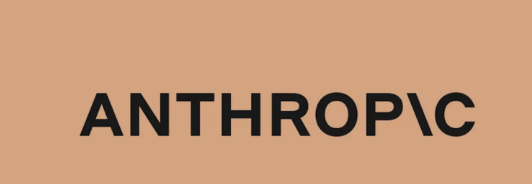
Anthropic's Arguments That Won the Day
Anthropic's legal team presented several compelling arguments that ultimately persuaded the court to rule in their favor: ??
Technical Necessity: They successfully demonstrated that comprehensive training data, including copyrighted works, is technically necessary to create functional AI systems that understand human language patterns
Transformation, Not Reproduction: They argued that the AI doesn't memorize or reproduce specific works but rather learns patterns and relationships from across billions of examples
Public Benefit: Anthropic emphasized the broader societal benefits of AI technology, positioning their work as advancing important technological progress
Economic Impact Analysis: They presented evidence that AI systems like Claude actually create new markets and opportunities rather than simply replacing existing content
Precedent Alignment: Their legal team drew parallels to other technological innovations that initially faced copyright challenges but were ultimately deemed transformative, such as search engines indexing web content
Perhaps most importantly, Anthropic successfully demonstrated that their AI doesn't simply regurgitate training data but creates new, original outputs based on patterns learned from that data—a crucial distinction for the "transformative" aspect of fair use doctrine. ??
Industry-Wide Implications
The Anthropic AI copyright ruling has far-reaching implications for the entire AI industry and beyond: ??
Legal Shield for AI Companies: Other AI developers may now have stronger legal footing when using copyrighted materials for training purposes
Investment Confidence: The ruling may boost investor confidence in AI companies by reducing a significant legal risk factor
Potential Legislative Response: The decision could prompt lawmakers to consider new legislation specifically addressing AI and copyright
International Considerations: While this ruling applies in one jurisdiction, it may influence legal thinking in other countries grappling with similar questions
Content Creator Concerns: Authors, artists, and publishers may now face greater challenges in controlling how their works are used in AI development
This ruling doesn't end the debate over AI training and copyright—it likely represents just one chapter in what will be an evolving legal conversation. But it does establish an important precedent that recognizes the unique nature of machine learning in the context of copyright law. ??
Contrasting Perspectives: Not Everyone is Celebrating
While Anthropic and many AI companies are celebrating this ruling, reactions across the broader ecosystem have been mixed: ??
Content Creators' Concerns: Many authors, artists, and publishers have expressed disappointment, arguing that their works are being used without compensation to build commercial products
Legal Scholars Divided: Some legal experts praise the ruling as appropriately adapting copyright law to new technology, while others worry it undermines creators' rights
Tech Ethics Perspective: Some ethicists argue that even if legally permitted, companies should still seek consent or provide compensation for using creators' works
Competitive Impact: Smaller AI startups may benefit from the precedent, as it potentially levels the playing field against larger companies that could otherwise afford extensive licensing
Global Variations: The ruling may create regional disparities in AI development, as copyright laws differ significantly across countries
These contrasting perspectives highlight that while the copyright ruling provides clarity on one legal question, it opens up broader ethical and policy discussions about the relationship between AI development and creative industries. ??
What's Next: The Future Landscape
The Anthropic AI copyright ruling marks a significant milestone, but it's unlikely to be the final word on this complex issue. Here's what may lie ahead: ??
Appeals Process: The ruling may face appeals that could potentially modify or overturn the decision
Legislative Action: Lawmakers may step in to create more specific guidelines around AI training and copyright
New Business Models: We may see the emergence of new licensing frameworks or compensation models for content used in AI training
Technical Developments: AI companies might develop new training methodologies that rely less on potentially contentious copyrighted materials
International Harmonization Efforts: Given the global nature of AI development, there may be efforts to create more consistent international standards
What's clear is that the intersection of AI technology and intellectual property law will continue to evolve rapidly. This ruling doesn't end the conversation—it simply provides one important reference point as the legal system continues to adapt to revolutionary technological change. ??
A New Chapter in AI Development
Anthropic's victory in establishing AI training as "transformative fair use" represents a pivotal moment in the evolution of artificial intelligence law. This copyright ruling provides AI developers with greater certainty about their legal footing when training models on diverse datasets that may include copyrighted materials.
However, this decision doesn't absolve AI companies of all responsibility regarding how they use training data. The most forward-thinking organizations will likely continue to develop ethical frameworks around data usage, potentially including opt-out mechanisms, attribution systems, or even compensation models for content creators whose works substantially contribute to AI development.
As we move forward, the most successful AI companies will be those that balance legal rights with ethical considerations—recognizing that just because something is legally permissible doesn't necessarily make it the optimal approach for building sustainable relationships with the creative communities whose work helps make AI possible. The Anthropic AI copyright ruling may have clarified one legal question, but the broader conversation about responsible AI development continues to evolve.

